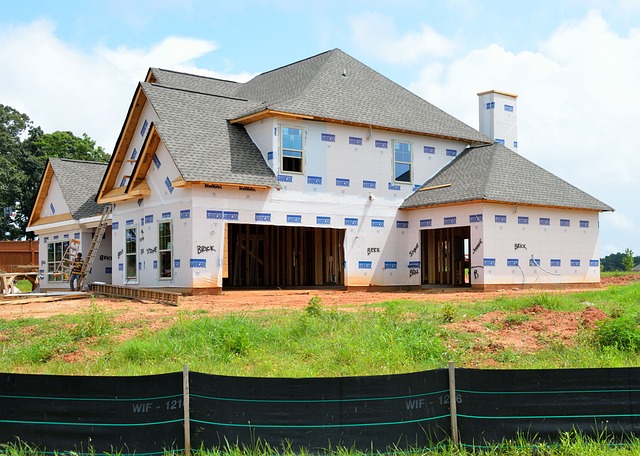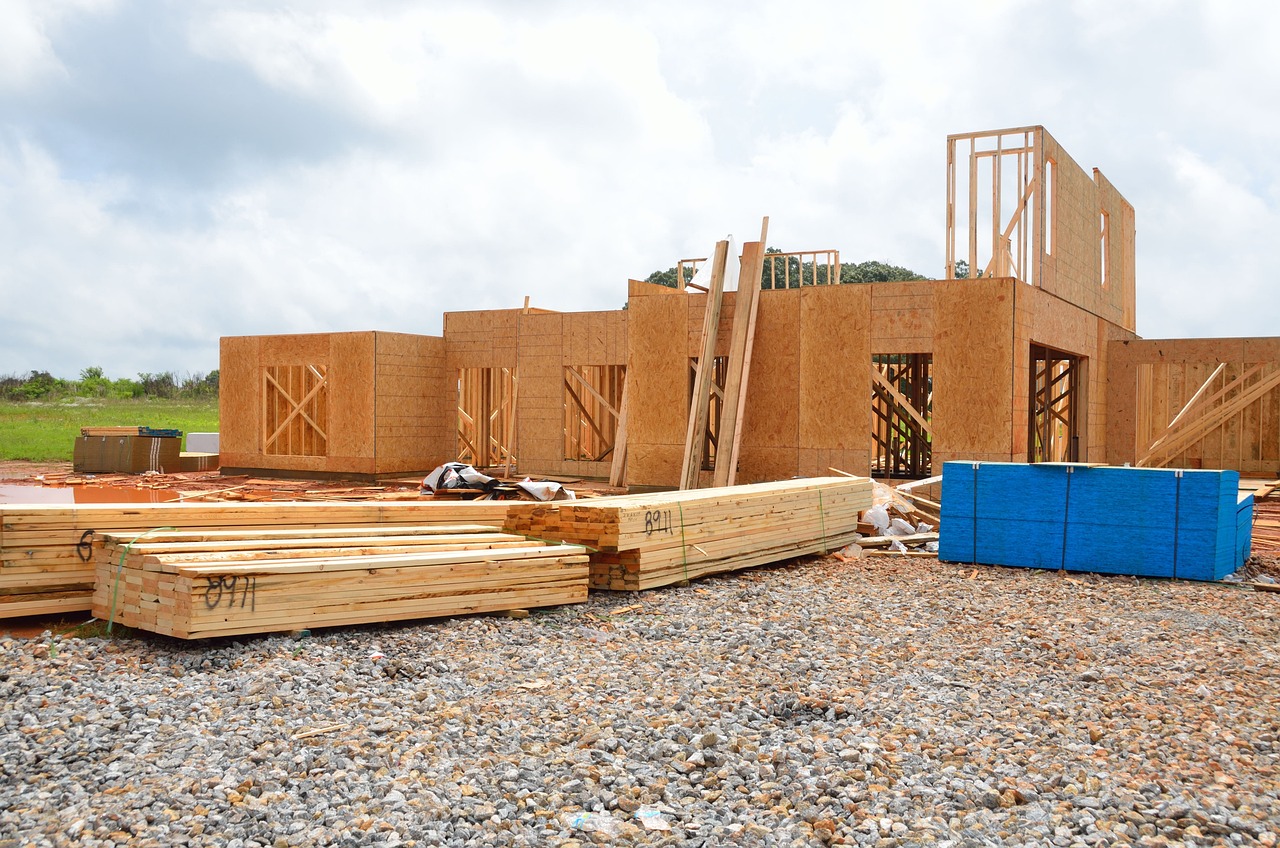Building your dream home is an exciting endeavor. Still, it’s essential to clearly understand private housing construction costs to ensure that your dream doesn’t become a financial nightmare. Budgeting is a crucial first step in this process, and it involves taking a close look at various expenses associated with constructing a private residence. In this article, we’ll guide you through the key factors to consider when budgeting for your dream home. Read more on www.news.de/wirtschaft/857134484/baubranche-in-den-kommenden-jahren-trends-fuer-neubauten/1/.
Land Acquisition: The Foundation of Your Budget
Before budgeting for construction, you must secure a piece of land. The cost of land can vary significantly based on location, size, and zoning regulations. Researching the real estate market in your desired area and allocating a portion of your budget to land acquisition is essential. Remember that the land cost can also impact other construction costs, such as site preparation and utility connections.

Design and Architectural Plans: Customization Comes at a Cost
Customizing your dream home means working with architects and designers to create a tailored plan. While this allows you to build your ideal living space, it also adds to the budget. Architectural fees, engineering services, and design consultations are expenses to consider. Additionally, the complexity of your design and the materials used can also affect construction costs.
Construction Materials: Quality vs. Budget
The choice of construction materials greatly impacts the cost of your project. High-quality materials may have a higher upfront cost but can lead to long-term savings in maintenance and energy efficiency. Conversely, budget-friendly materials can reduce initial expenses but may require more significant upkeep over time. It’s essential to weigh the pros and cons of different materials and determine which best fits your budget and long-term needs.
Labor and Construction Crew: Skilled Workers at a Price
Skilled labor is an essential component of private housing construction. The cost of hiring construction workers, builders, electricians, plumbers, and other professionals can vary depending on the complexity of your project and labor rates in your area. It’s crucial to research and compare labor costs to ensure you’re getting quality work at a reasonable price. Keep in mind that skilled workers may also have a busy schedule, so it’s essential to factor in potential delays in your construction timeline.
Permits and Regulatory Costs: Navigating Legal Requirements
Construction projects must adhere to local building codes and regulations. Obtaining the necessary permits and approvals can involve fees and additional costs. It’s crucial to budget for these legal requirements to avoid delays and potential penalties. Additionally, if your project involves building in an area with specific zoning or environmental regulations, you may need to allocate more funds for studies and assessments.
Site Preparation: Clearing the Way for Construction
Before construction can begin, the building site must be prepared. Site preparation costs may include land clearing, excavation, grading, and utility connections. These expenses vary based on the condition of the land. Steep or rocky terrain, for example, may require additional work and equipment. It’s crucial to have a professional inspect your site and provide an estimate for site preparation costs.
Financing Costs: Interest and Loan Fees
If you’re financing your construction project through a loan, be sure to account for interest payments and loan origination fees in your budget. Depending on the type of loan and your credit score, these costs can vary significantly. It’s crucial to shop around and compare different financing options to find the best fit for your budget and financial goals.
In Conclusion
Budgeting for your dream home requires careful consideration of all these factors. It’s essential to strike a balance between creating the home you’ve always wanted and ensuring financial stability. By researching costs, working with experienced professionals, and maintaining a contingency fund, you can embark on your private housing construction journey with confidence, knowing you’re prepared for the road ahead.




